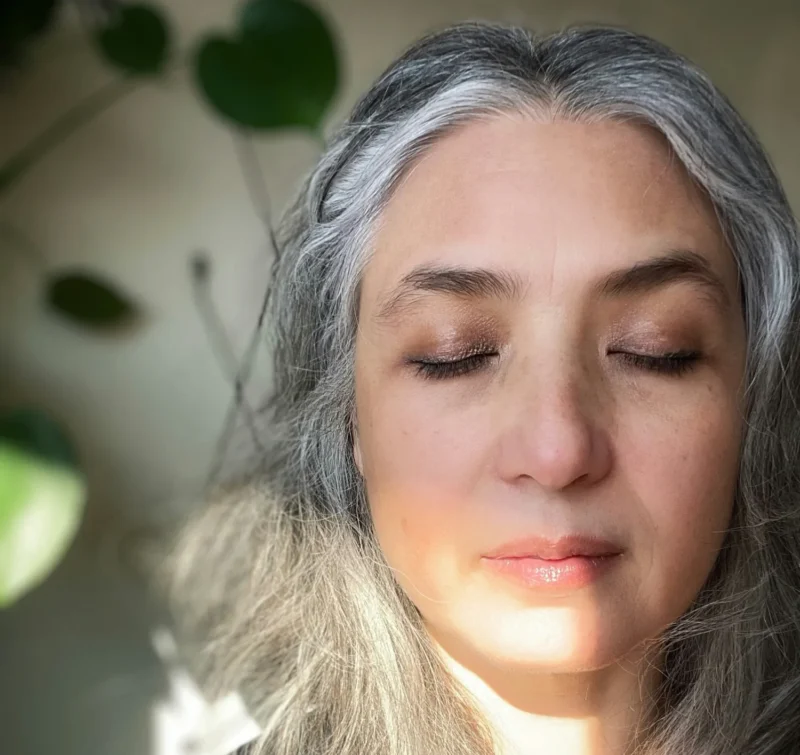
Sleep and Insomnia
Getting enough good-quality sleep is essential for our wellbeing. It supports everything from our mental health and concentration to emotional resilience and physical health. While it’s normal to have the occasional restless night, persistent sleep difficulties are common, affecting around 15–30% of the population. One of the most common sleep difficulties is insomnia. Insomnia involves ongoing dissatisfaction with sleep—often accompanied by excessive worry about sleep—and can significantly affect how you function during the day.
Signs and symptoms
Insomnia is typically diagnosed when symptoms have been present for at least three months. Common signs include:
- Difficulty falling asleep, even when you feel tired
- Waking up frequently during the night or staying awake for long periods
- Waking up too early and being unable to return to sleep
These difficulties can cause distress and interfere with daily life, including concentration, mood, and energy levels.
Causes or contributing factors
Insomnia can develop for many reasons. Common contributing factors include:
- Stress or worry (including about sleep itself)
- Changes in routine or environment
- Mental health conditions such as anxiety or depression
- Poor sleep habits or irregular schedules
Over time, unhelpful thoughts and behaviours around sleep can reinforce the problem, creating a frustrating cycle.
Treatment options
If you’re experiencing sleep problems, improving your sleep hygiene is often a helpful first step. Sleep hygiene includes practical habits like keeping a consistent sleep schedule and limiting screen time before bed.
However, research shows that sleep hygiene alone is not enough for those with long-term insomnia.
The most effective treatment for chronic insomnia, with the fewest side effects, is psychological therapy—specifically, Cognitive Behavioural Therapy for Insomnia (CBT-I).
How CBT-I helps
CBT-I is a structured, evidence-based approach that works by changing unhelpful thoughts and behaviours around sleep. It usually includes:
- A thorough sleep assessment, often involving a sleep diary
- Behavioural strategies to improve sleep efficiency and routine
- Cognitive techniques to reduce worry and reframe unhelpful beliefs about sleep
- Relaxation strategies to calm the body and mind
CBT-I can be delivered by a psychologist or through evidence-based online programs.
Through connection,
change is possible
Our compassionate team at Seed Psychology is here to help you regain your wellbeing and navigate life’s challenges with greater confidence and clarity. Connect with us to book an appointment with a psychologist in our Brunswick clinic or via telehealth Australia-wide.
Available resources
Meet our amazing team of therapists
Our diverse team of psychologists offer individual, couples, and online therapy, as well as assessments. Beyond their expertise, they bring humanity and care, providing respectful, affirming support tailored to each person’s unique experience.
Freqeuently asked questions
-
You do not need a referral to see a Psychologist at Seed Psychology. However, if you’d like to claim a Medicare rebate, you will need a Mental Health Care Plan (MHCP) from your GP. With a MHCP, you may be eligible for rebates on up to 10 sessions per calendar year. These sessions can be used at any psychology clinic of your choice. To access Medicare psychology rebates, book an appointment with your GP and ask for a Mental Health Care Plan. Most referrals begin with 6 sessions, with the option to access 4 more after a review. Referrals can also be provided by a psychiatrist or paediatrician.
-
Yes, we offer in person sessions at our Brunswick East practice and secure online appointments. Our online services make it easy to connect with your Psychologist from anywhere, offering flexibility without compromising on care. Whether you attend in person or online, you’ll receive consistent, high-quality support.
-
To book an appointment, simply use our booking form, or call our client care team on 9388 8113.
-
Our goal is to make mental health care approachable, inclusive, and clear—so you always know what to expect.
Individual Therapy Sessions
- Private clients (no referral): $255 – $285
- Clients with a MHCP: $230 – $285
- Medicare rebates: $96.65 – $141.85 per session (depending on the clinician)
- Private clients (no referral): $255 – $285
-
At Seed Psychology, your safety and wellbeing are our highest priorities. While we are here to support you through regular therapy sessions, we are not a crisis service and may not be available outside of scheduled appointments. If you or someone you care about is in immediate danger, experiencing a mental health crisis, or needs urgent support, it’s important to seek help straight away through the appropriate emergency or crisis services. You can find a list of trusted organisations and services here that can provide immediate support when you need it most.











